
Discover how FemaSeed, an innovative artificial insemination device by Femasys Inc, offers safe and effective fertility solutions through precise sperm delivery into the fallopian tube.
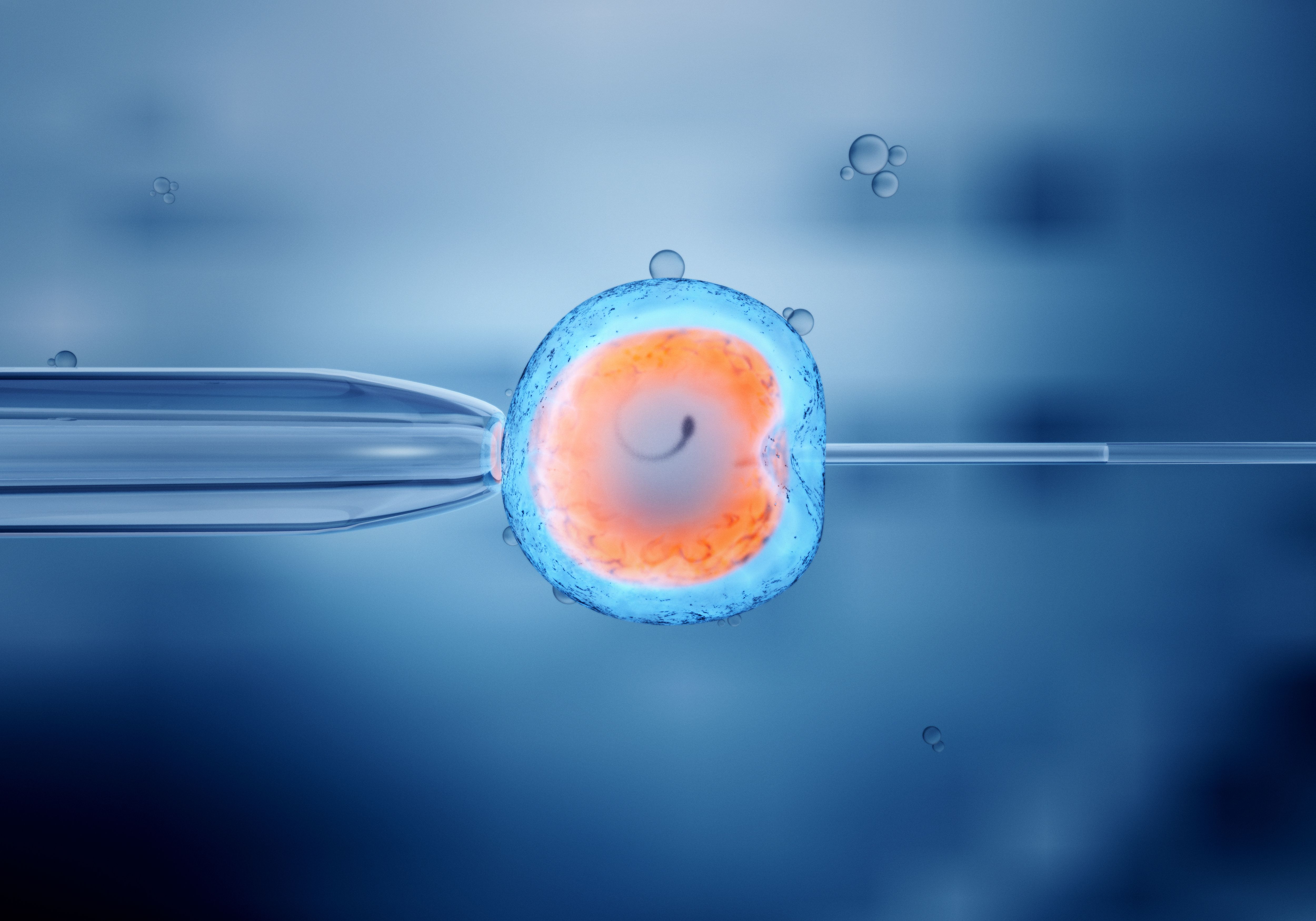

Discover how FemaSeed, an innovative artificial insemination device by Femasys Inc, offers safe and effective fertility solutions through precise sperm delivery into the fallopian tube.

Dive into the latest research in metabolomics and proteomics, revealing potential biomarkers like fibrinogen cleavage peptides and GRAM domain-containing protein 1C, offering new avenues for diagnosis and treatment in addressing the global issue of female infertility.

Review some of the top stories from the Contemporary OB/GYN website over the last week, and catch up on anything you may have missed.
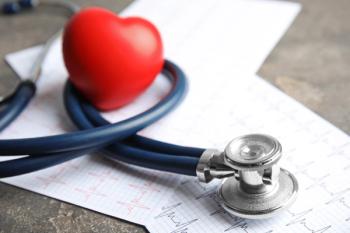
A recent study highlights how a history of infertility may signal decreased cardiovascular health in midlife, emphasizing the need for comprehensive risk assessments in female patients.

In a recent study, an association was found between gastrointestional treatment type and perceived infertility risk.

In a recent study, transgender women had reduced sperm quality compared to cisgender men, and transgender men used contraception at similar rates to cisgender women.

Review some of the top stories from the Contemporary OB/GYN website over the last week, and catch up on anything you may have missed.

In a recent study, stroke was more common among women within 12 months after delivery if infertility treatment was administered.

Beth Garner, MD, MPH, chief scientific officer, Ferring Pharmaceuticals, talks the current state of fertility in the United States.
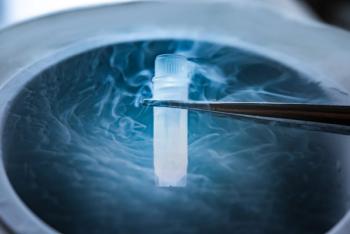
Learn how and when to counsel your patients.

A model to estimate the optimal number of oocytes to try to fertilize during assisted reproductive technology (ART) treatment predicted that 43.4% of oocyte retrievals were day 3 transfers; hence, exposing all oocytes to sperm is recommended.

An expert in obstetrics and gynecology comments on the utilization of GnRH agonists and GnRH antagonists in COS in IVF treatment.

Steven J. Ory, MD, discusses controlled ovarian stimulation (COS) and the use of a gonadotropin-releasing hormone (GnRH) agonist or antagonist as an important step in the IVF process.

Steven J. Ory, MD, reviews the prevalence of infertility among women in the US and provides an overview of the types of testing done to evaluate infertility.
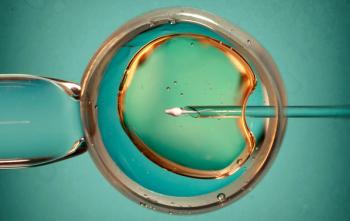
History, potential value, possible candidates, and limitations of PGT for in vitro fertilization.
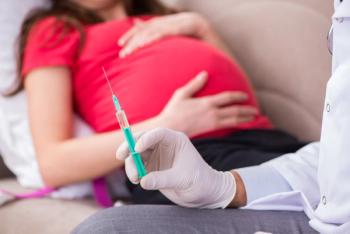
The findings indicate a previously confirmed notion that COVID-19 vaccination does not impact pregnancy outcomes in couples experiencing infertility.
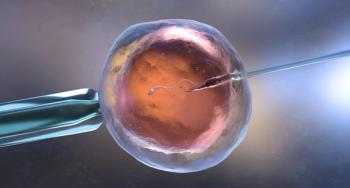
A study published in the journal Sleep and Breathing found sleep quality influenced newborn weight in a gender-specific and trimester-specific way.
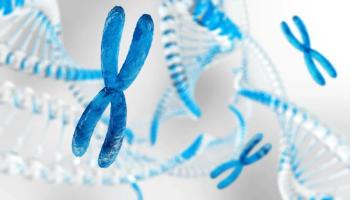
Chromosomal abnormalities in infertile couples who use assisted reproductive technology (ART) do not appear to impact cumulative clinical pregnancy or live-birth rates, according to a study published in the Annals of Medicine.
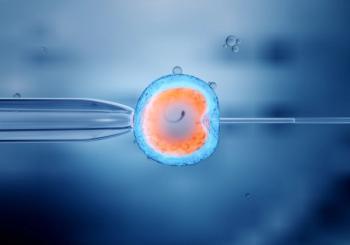
Women who underwent a frozen-thawed embryo transfer (FET) for assisted reproductive technology (ART) treatment were nearly twice as likely to experience bleeding or miscarriage in the first trimester with hormone replacement cycles (HRC-FET) compared to natural cycles (NC-FET), according to a retrospective cohort study published in the European Journal of Obstetrics & Gynecology and Reproductive Biology.
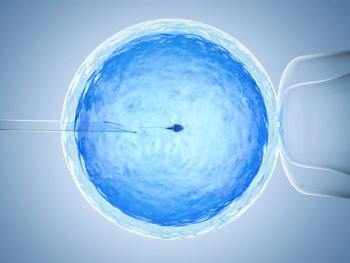
The authors noted that although adenomyosis is common among infertile women, it is unclear whether the condition has a detrimental effect on in vitro fertilization and embryo transfer (IVF-ET) results.
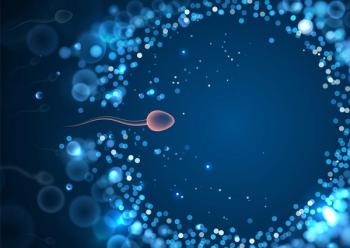
Women with previous recurrent ectopic pregnancy (EP) have a significantly lower risk of EP following in vitro fertilization (IVF), compared to women with previous single EP, according to a retrospective cohort study published in the journal PLOS One.

State infertility insurance mandates are critical for improving access to infertility care. They also help to advance gender equality and reproductive rights.

A study published in the journal Scientific Reports may shed light on a potential connection between sleep quality and IVF success.
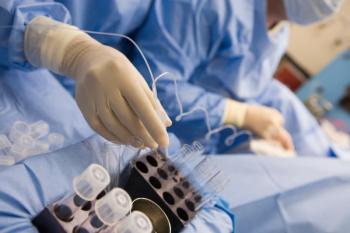
No “double disadvantage”
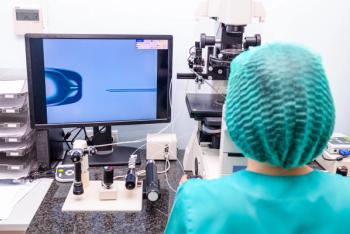
Racial and ethnic disparities in adverse perinatal outcomes were significantly greater among women who used medically assisted reproduction (MAR) than those who conceived spontaneously, according to a study published in the journal Pediatrics.